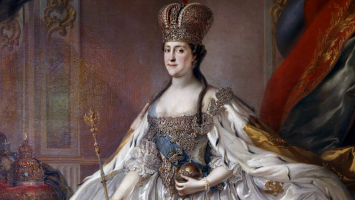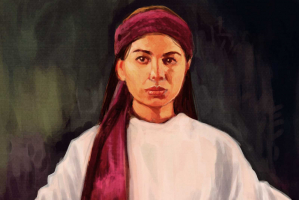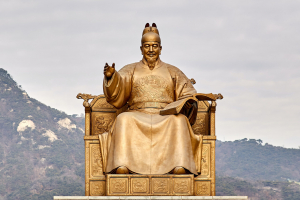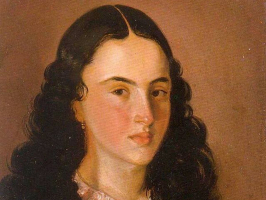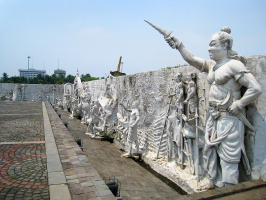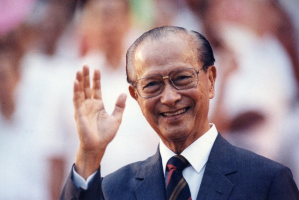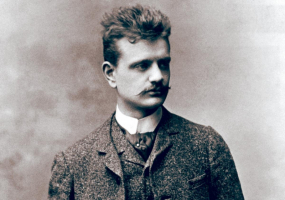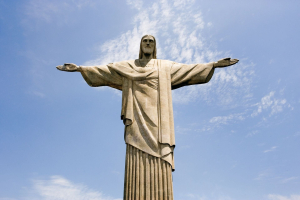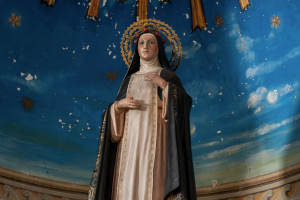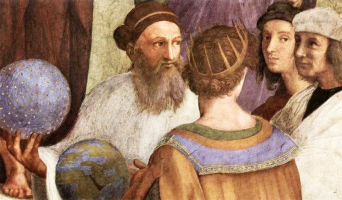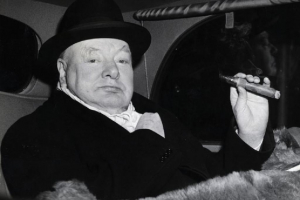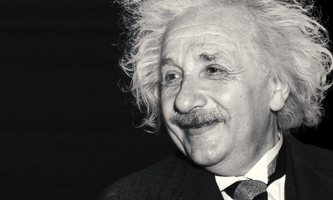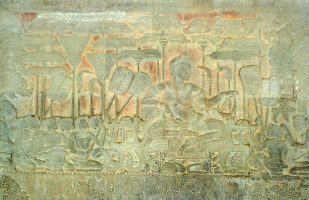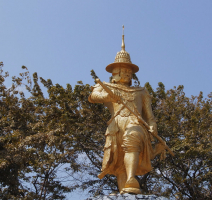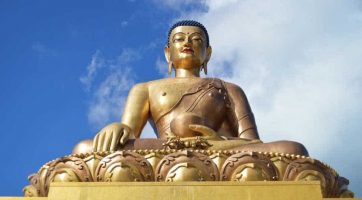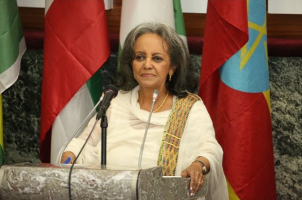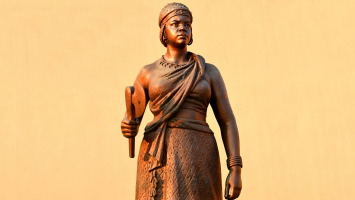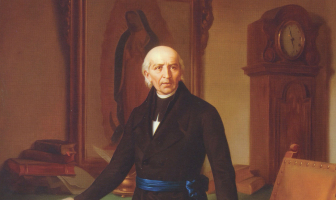Top 5 Most Important Historical Figures In Venezuela
Venezuela, the northernmost country on the vast South American continent, has been home to many famous people who have made their individual mark in society ... read more...and throughout the world. In our list of the most important historical figures in Venezuela, these famous Venezuelans carved their own niche in history, whether through their beauty, strong determination, or sheer talent.
-
Andrés Eloy Blanco Meaño (August 6, 1896 - May 21, 1955) was a well-known Venezuelan poet and politician. He was a founding member of Acción Democrática (AD) and a member of the Generación del 28. From 15 February 1948 to 24 November 1948, he served as Venezuela's Minister of Foreign Affairs. Now he is regarded as one of the most important historical figures in Venezuela.
He was born on August 6, 1896, in Cumaná, Sucre state, Venezuela. Blanco spent part of his childhood on Margarita Island (Nueva Esparta State), where his family settled. Until he relocated to Caracas to study at Universidad Central de Venezuela.
In 1918, he won his first award for his pastoral poem Canto a la Espiga y al Arado, and he published his first drama play, El Huerto de la Epopeya. He was imprisoned that year for protesting against the government. With the poem Canto a España (A Song to Spain), he won first prize in the Juegos Florales (Floral Games) in Santander, Cantabria, Spain in 1923. He traveled to Spain to accept the award and stayed for over a year.
From 15 February 1948 to 24 November 1948, he served as Venezuela's Minister of Foreign Affairs. Blanco was exiled to Mexico City in 1948, and Pedro Infante sings the song Angelitos Negros in a film based on his poem Pntame Angelitos Negros, which was set to music by Mexican composer Manuel Álvarez Maciste. It's a demonstration against racism.
He died on May 21, 1955, in Mexico City, Mexico. Several Venezuelan municipalities bear his name.
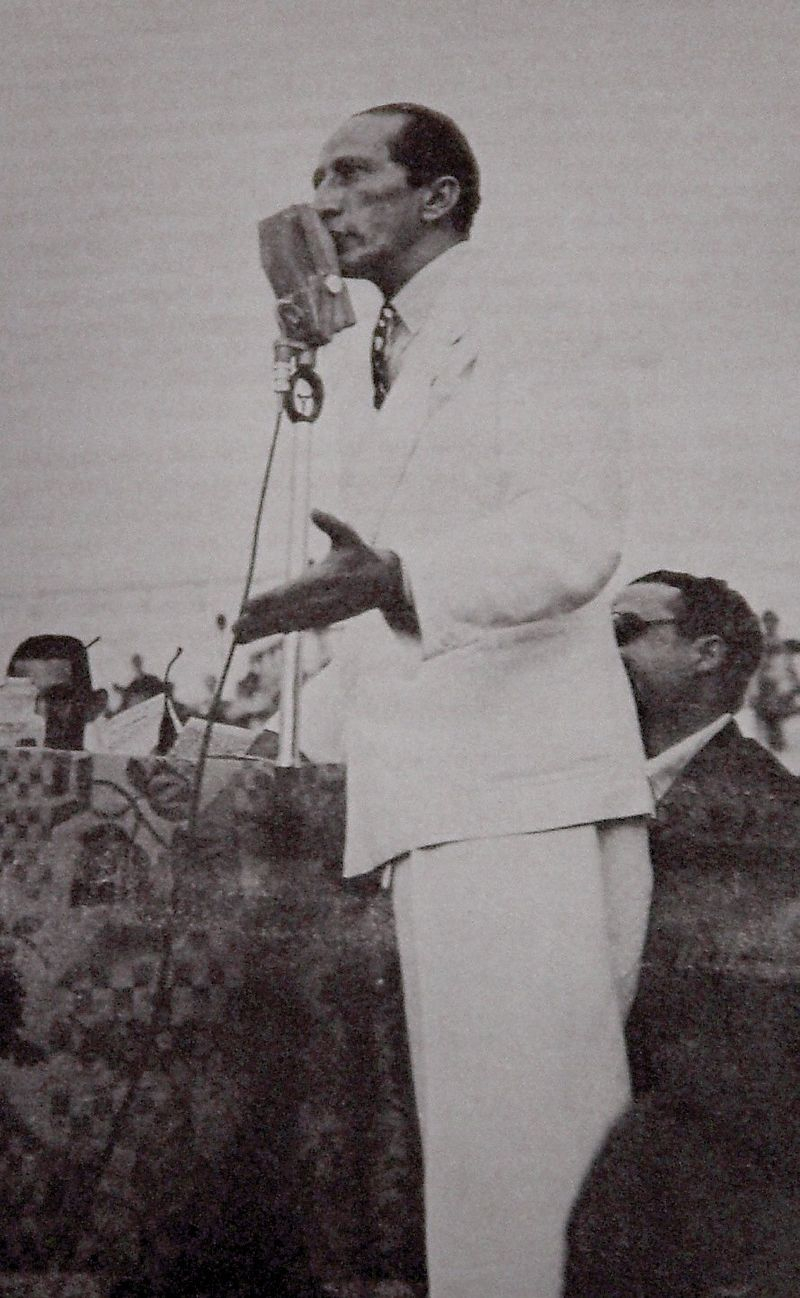
commons.wikimedia.org 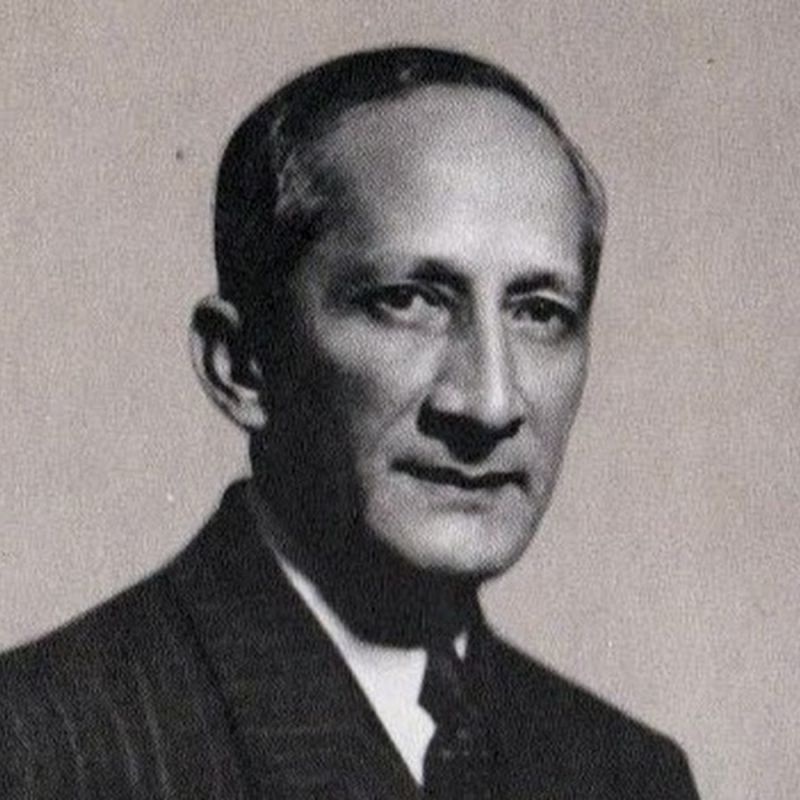
Photo: Andrés Eloy Blanco's Youtube Channel -
Antonio José Ramón de La Trinidad y María Guzmán Blanco (February 28, 1829 - July 28, 1899) was a Venezuelan general, statesman, diplomat, and politician. He served as President of Venezuela for three terms, from 1870 to 1877, 1879 to 1884, and 1886 to 1887, and as General during the Venezuelan Federal War. He was a member of the Amarillo Liberalismo movement.
The autocratic nature of Guzmán's regimes was in stark contrast to the economic and legal reforms, as well as the achievements. His administration was responsible for the creation of the modern currency (bolívar), the restoration of the national anthem, the second national census, the railroad between Caracas and La Guaira, the establishment of the Venezuelan Academy of Language, the telephone service between Caracas and La Guaira, the promotion of agriculture and education (Decree of Public and Obligatory Instruction of 1870), the stimulation of commerce, and significant public works (the National Pantheon, the Capitol, and the Municipal Theater, among others.)
Guzman has been cited as an example of a strongman politician by historian Charles L. Davis. While in office, he sharply reduced the power of the Roman Catholic Church in Venezuela.
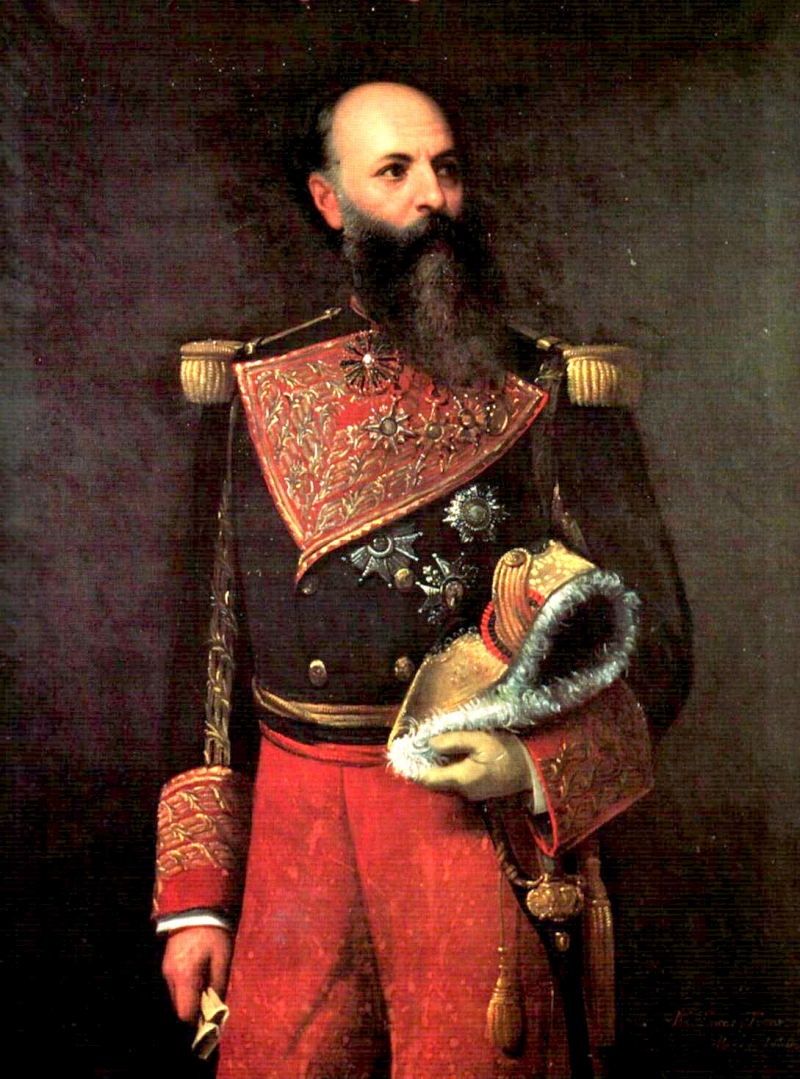
en.wikipedia.org 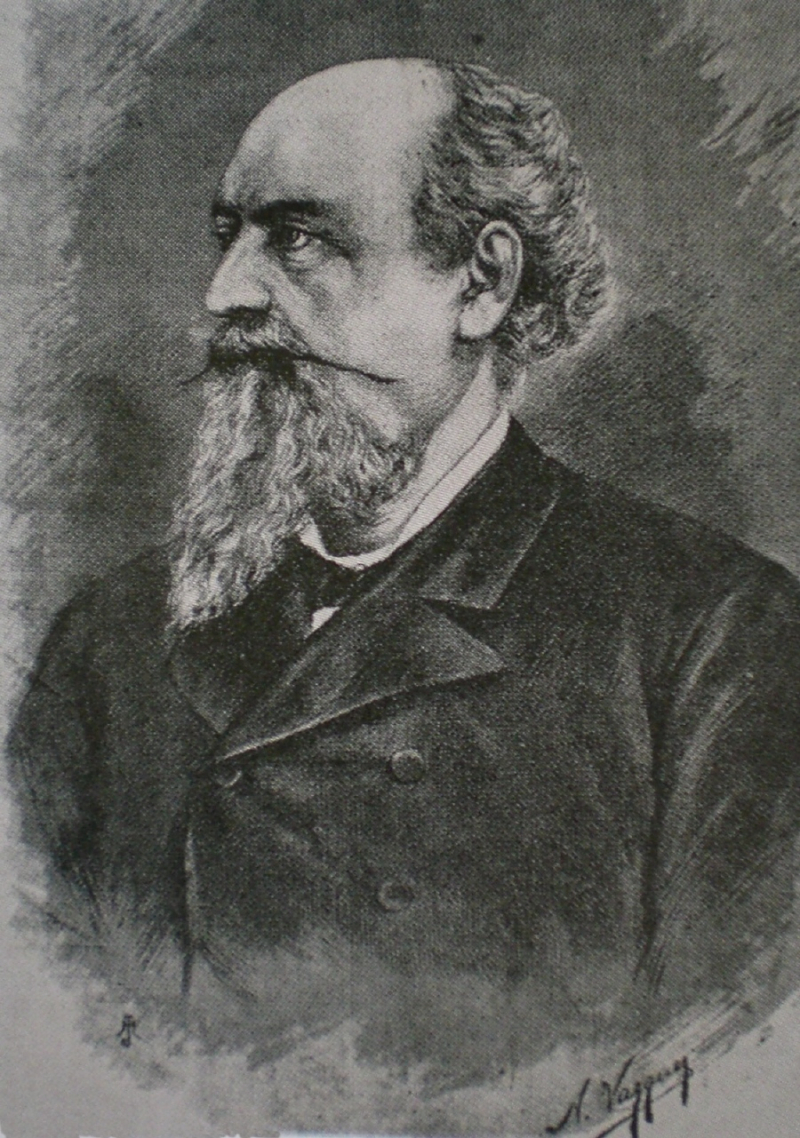
commons.wikimedia.org -
Rómulo Ángel del Monte Carmelo Gallegos Freire (August 2, 1884 - April 5, 1969) was a novelist and politician from Venezuela. He governed Venezuela as the country's first freely elected president for nine months in 1948. He received more than 74% of the vote, a record for a free election in Venezuela. He took office on February 15, and was notable for increasing the state's tax revenue from 43% to 50% on oil profits, a tax scheme known as "fifty / fifty," which was later replicated in several oil-producing countries such as Saudi Arabia.
Nonetheless, in the November 1948 Venezuelan coup d'état, army officers Carlos Delgado Chalbaud, Marcos Pérez Jiménez, and Luis Felipe Llovera Páez deposed him. He sought refuge in Cuba, then in Mexico. Gallegos returned to his homeland after the dictatorship of Marcos Pérez Jiménez fell in 1958. He was named a senator for life, but he no longer participated in politics.
Gallegos received the National Literature Prize (1958) and was elected to the Venezuelan Academy of the Language (the correspondent agency in Venezuela of the Spanish Royal Academy). From 1960 to 1963, he was a Commissioner of the newly formed Inter-American Commission on Human Rights (established by the Organization of American States in Washington on August 18, 1959), and he was also its first President (1960), a position he held until 1963.
Among the most important historical figures in Venezuela, Rómulo Gallegos is widely regarded as the most important Venezuelan novelist of the twentieth century, as well as a major figure in Latin American literature
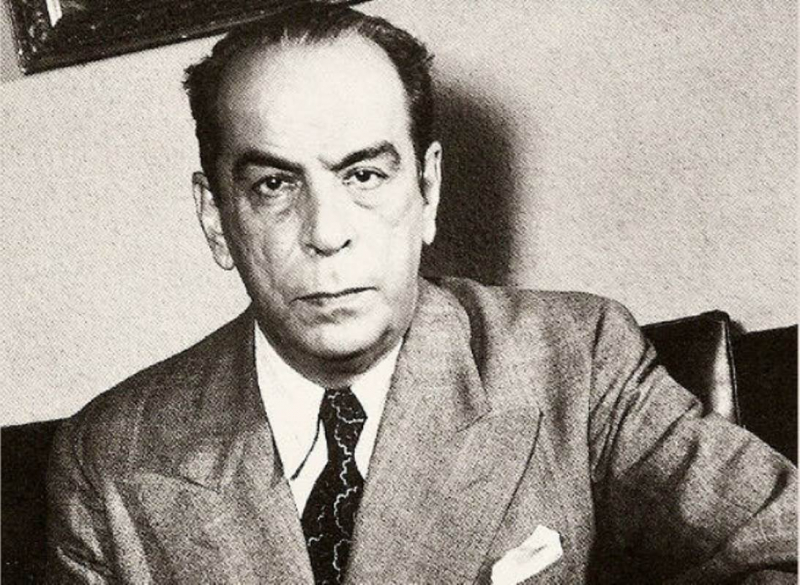
elnacional.com 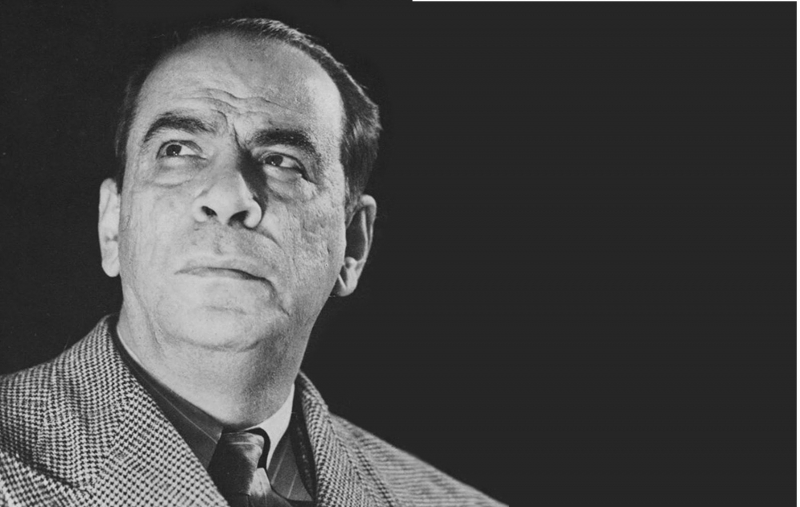
albaciudad.org -
Juan Germán Roscio (May 27, 1763 - March 10, 1821) was a Venezuelan lawyer and politician of Italian descent. During Venezuela's First Republic, he served as Secretary of Foreign Affairs for the Junta de Caracas, as Venezuela's first foreign minister, and as Chief of the Executive. He was also the editor of the Gazeta de Caracas and the owner of the Correo del Orinoco. He was the primary editor of Venezuela's Declaration of Independence, as well as the chief architect of the Venezuelan Constitution of 1811 and the electoral rules for the first Congress. In 1819, he was also the president of the Angostura Congress and the vice president of Gran Colombia. Now he is considered one of the most important historical figures in Venezuela.
Roscio was a key figure in the Venezuelan Declaration of Independence, serving as a "representative of the people" during the 19 April 1810 revolution. During the Supreme Junta, he held the foreign ministry and lobbied for emancipation, particularly during the Constitutional Congress of 1811. As a representative for Calabozo at the Congress, he helped draft the Declaration of Independence, which was signed on July 5, 1811. He also contributed to the creation of the 1811 Federal Constitution, which was approved on December 21, 1811.
In August 1810, he established the Sociedad Patriótica, which was later attended by Francisco de Miranda and where Simón Bolívar delivered his famous "Acaso 300 años de calma no bastan" speech.
That March, he was elected as a substitute member of the 1812 triumvirate. As part of his role, he advocated for Miranda to be named Generalisimo and Dictator of Venezuela. Following Domingo de Monteverde's victory and the defeat of the First Republic, Roscio was imprisoned in Spain's Arsenal de la Carraca. He was then moved to Ceuta with seven other inmates, including José Cortés de Madariaga, Juan Pablo Ayala, Juan Paz del Castillo, Francisco Isnardi, Joseph Mires, and Juan Baraona. He escaped to Gibraltar with three of them in 1814, but the British authorities extradited him to Spain. Roscio sent a letter to King George IV through close friend Thomas Richard, which influenced Fernando VII's decision to release the four prisoners.
Roscio then traveled to Jamaica and then to the United States, where he published Triunfo de la Libertad vs. Despotismo (Philadelphia, 1817). He backed Simón Bolívar in Angostura in 1818 and continued to do so throughout the formation of Venezuela's Third Republic and Gran Colombia. During this time, he served as finance minister, president of the Angostura Congress, and vice president of the Venezuela and Gran Colombia Departments. On the eve of acting as president of the Cúcuta Congress, Roscio died on March 10, 1821.
Roscio established paper money in Venezuela, coining the name "Bolívar", which is still used today. He also served as the second director of the Orinoco Mail and advocated for the establishment of a national library.
His remains were decreed to be interred in Venezuela's National Pantheon in 2011, a process that has been delayed due to difficulties in correctly identifying his actual remains.
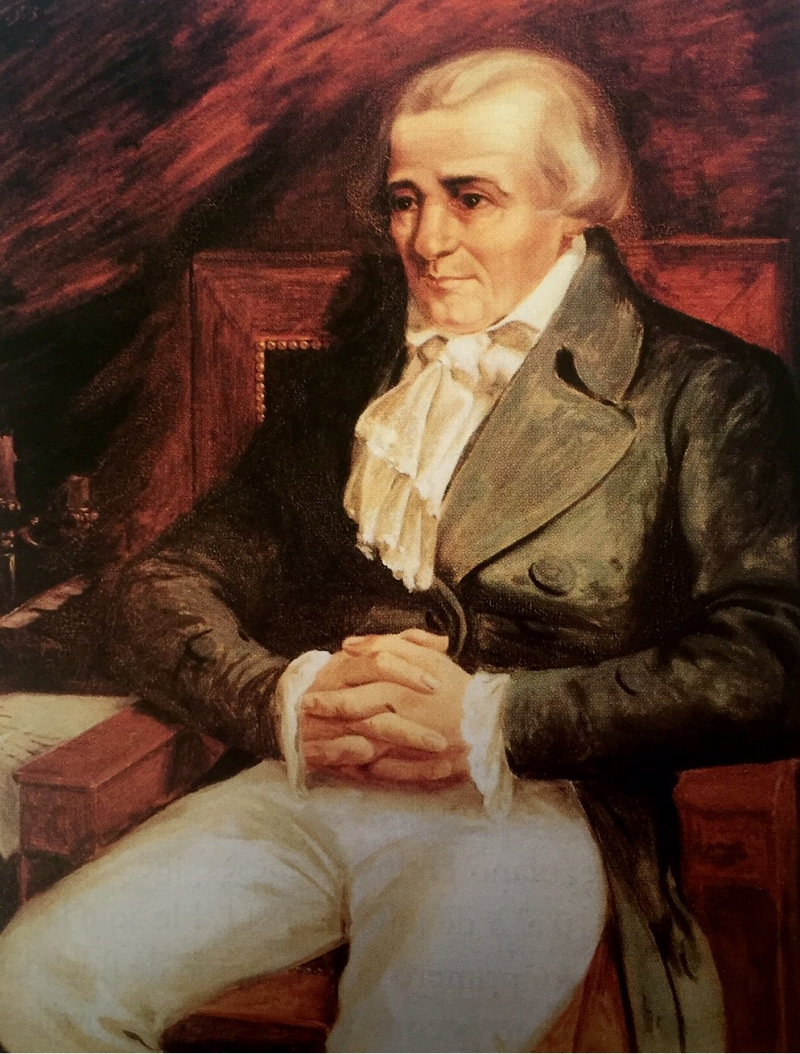
en.wikipedia.org 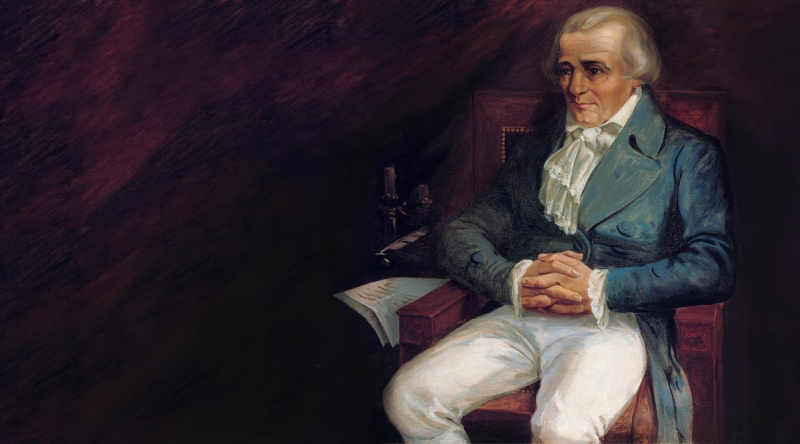
elucabista.com -
Andrés Eloy Blanco Meaño (August 6, 1896 - May 21, 1955) was a well-known Venezuelan poet and politician. He was a founding member of Acción Democrática (AD) and a member of the Generación del 28. From 15 February 1948 to 24 November 1948, he served as Venezuela's Minister of Foreign Affairs.He is among the most important historical figures in Venezuela.
He was born on August 6, 1896, in Cumaná, Sucre state, Venezuela. Blanco spent part of his childhood on Margarita Island (Nueva Esparta State), where his family settled. Until he relocated to Caracas to study at Universidad Central de Venezuela.
In 1918, he won his first award for his pastoral poem Canto a la Espiga y al Arado, and he published his first drama play, El Huerto de la Epopeya. He was imprisoned that year for protesting against the government. With the poem Canto a España, he won first prize in the Juegos Florales (Floral Games) in Santander, Cantabria, Spain in 1923. (A Song to Spain). He traveled to Spain to accept the award and stayed for over a year.
From 15 February 1948 to 24 November 1948, he served as Venezuela's Minister of Foreign Affairs. Blanco was exiled to Mexico City in 1948, and Pedro Infante sings the song Angelitos Negros in a film based on his poem Píntame Angelitos Negros, which was set to music by Mexican composer Manuel Álvarez Maciste. It's a demonstration against racism.
He died on May 21, 1955, in Mexico City, Mexico. Several Venezuelan municipalities bear his name.
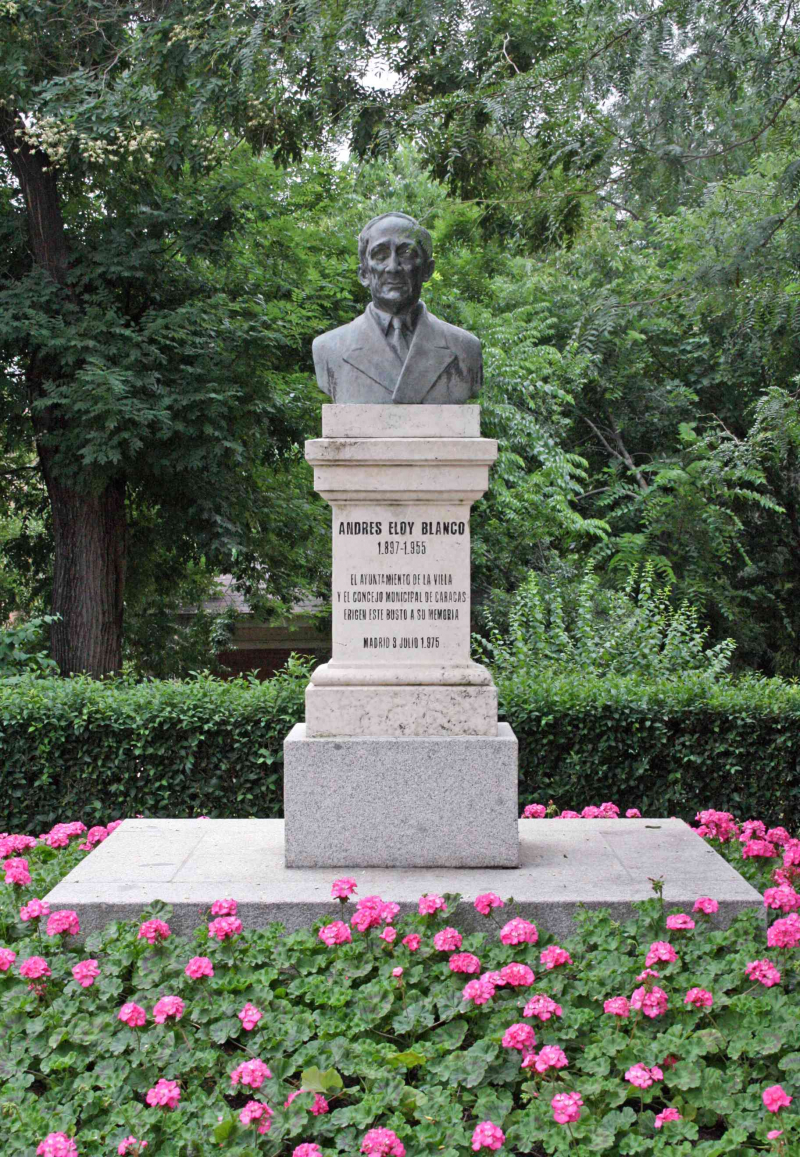
commons.wikimedia.org 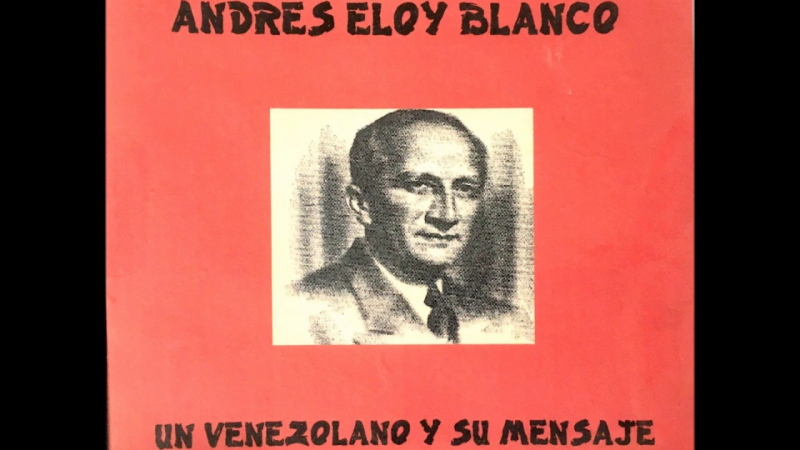
Photo: Andrés Eloy Blanco's Youtube Channel







